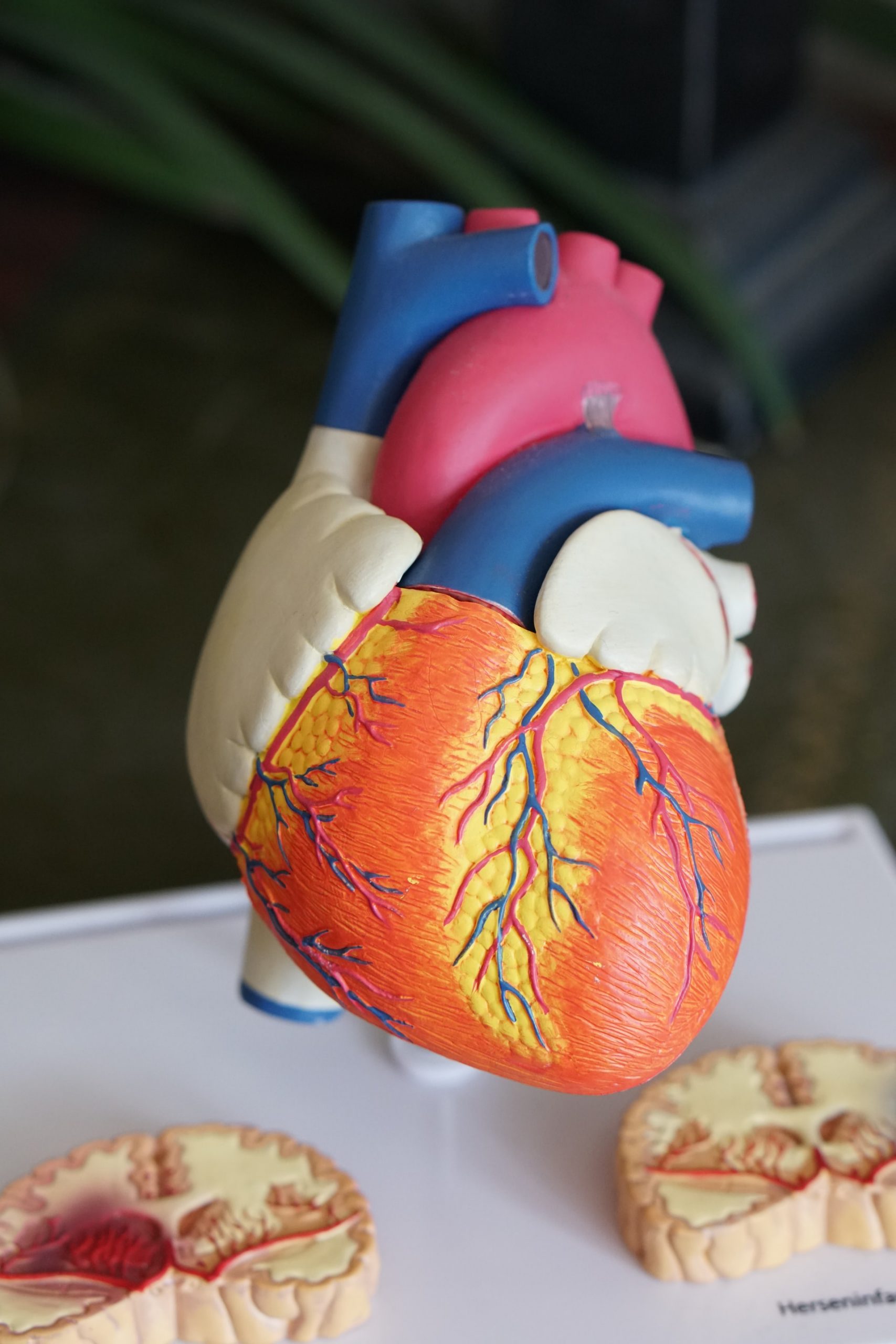Medications are wonderful treatment for many diseases. However, whenever prudent, physicians should aim to limit your medication burden and promote preventive measures such as diet, exercise and other lifestyle modifications. Additionally, it’s very possible to overmedicate, and it’s best to take fewer medications, and thus limit your exposure to resulting adverse effects. Why take a medication when you don’t have to and thus risk some negative side effect?
 If you’re a man in your 30s or early 40s who has never had diabetes, a stroke or a heart attack, you may no longer need to take your prescribed statins (medications such as Zocor and Crestor). Cardiologists no longer solely target low levels of LDL (“bad” cholesterol) with a take-no-prisoners attitude. Many people don’t need to take statins, medications that can cause liver and muscle damage and cost insurers billions of dollars.
If you’re a man in your 30s or early 40s who has never had diabetes, a stroke or a heart attack, you may no longer need to take your prescribed statins (medications such as Zocor and Crestor). Cardiologists no longer solely target low levels of LDL (“bad” cholesterol) with a take-no-prisoners attitude. Many people don’t need to take statins, medications that can cause liver and muscle damage and cost insurers billions of dollars.
Nowadays, you should take statins if:
- You have a history of a cardiovascular disease like stroke or heart attack.
- You have a very high LDL (bad) cholesterol level (greater than 190 mg/dL).
- You have diabetes type 2 and are between 40 and 75 years of age.
- You are aged 40 to 75, and your calculated risk of developing cardiovascular disease is 7.5 percent or greater.
The American College of Cardiology and American Heart Association (ACC/AHA) joint guidelines delineating who should be prescribed statins represents a dramatic change in how cardiologists view cholesterol. Many experts used to believe that high cholesterol levels in blood resulted from a diet rich in animal fats (saturated fats), and that these high levels contributed to plaque build-up and cardiovascular disease (stroke and heart attack). However, research has shown that medications such as Zetia, which dramatically lower cholesterol levels, do little to prevent stroke and heart attack. In the vast majority of people who take them. In fact, statins have proven to be unique in their ability to prevent heart disease, and the mechanism in which they help has little to do with lowering cholesterol. Instead, they likely stabilize plaques which cause blockage.
Just because you may no longer need to take statins, however, doesn’t mean that you can do nothing to help prevent heart disease. The ACC and AHA continue to recommend that smoking cessation, weight loss, proper diet and exercise are extremely important in reducing your risk for heart attack or stroke. However, with shifts in the way cardiologists look at diet, a diet low in saturated or animal fats may not necessarily benefit heart health, especially when such a diet comes at the expense of increased carbohydrate consumption.
If you feel that you may no longer need to take statins, speak with your physician and bring in a copy of the ACC/AHA guidelines. Because these new guidelines have yet to suffuse primary care medicine, your health provider may still believe that lipid monitoring and administration of statins are of principal importance. If needed, ask for a referral to a cardiologist who can better determine your need for statin therapy.
On a final note, although fewer younger men will likely have to take statins, according to a study published in the New England Journal of Medicine, more people overall will need to take the medications. Specifically, an increased number of older people, aged 60 to 75, will likely qualify to take Zocor, Crestor and other statins. These older people may have lower LDL levels but have high blood pressure which puts them at greater 10-year risk for stroke and heart attack.



